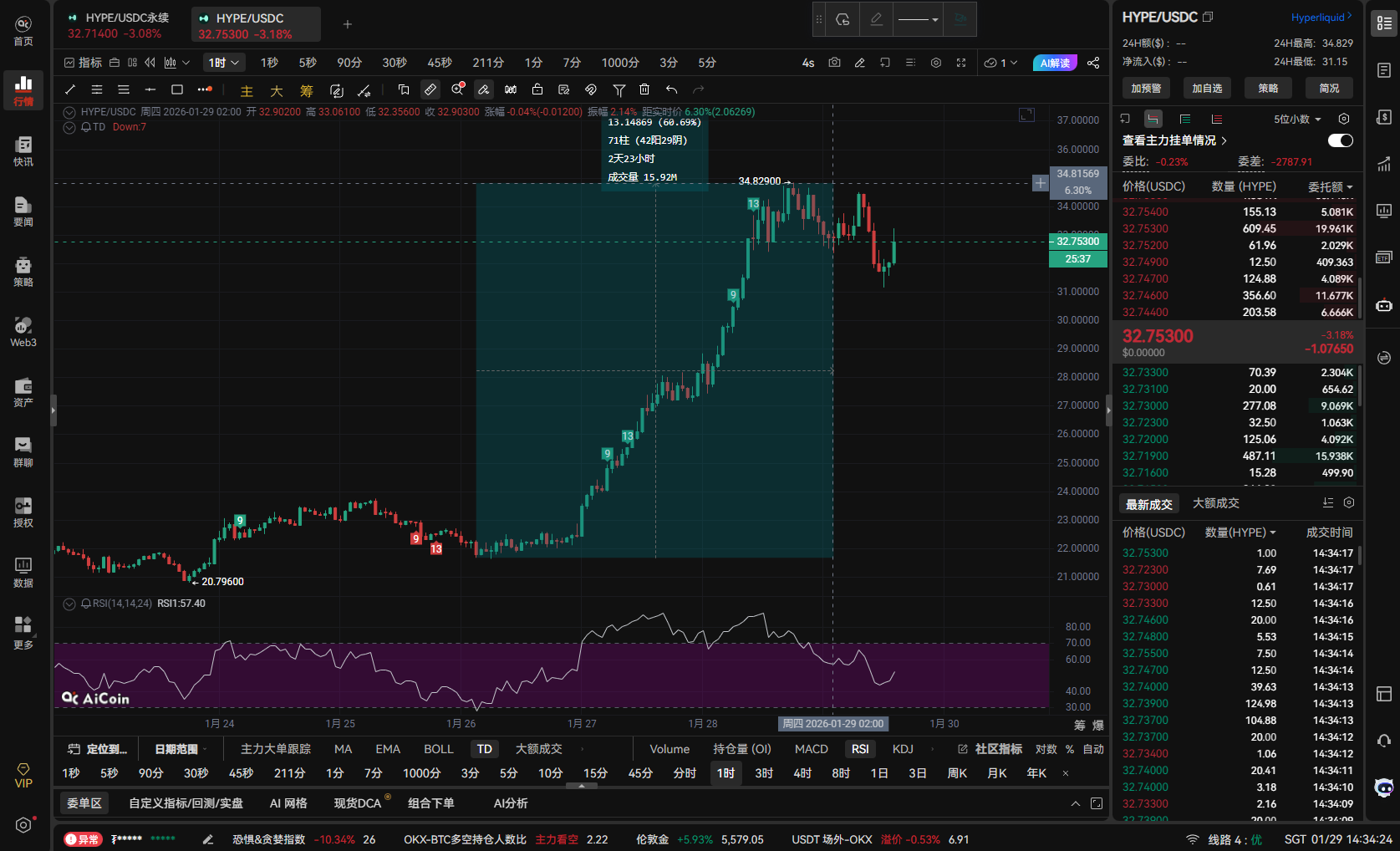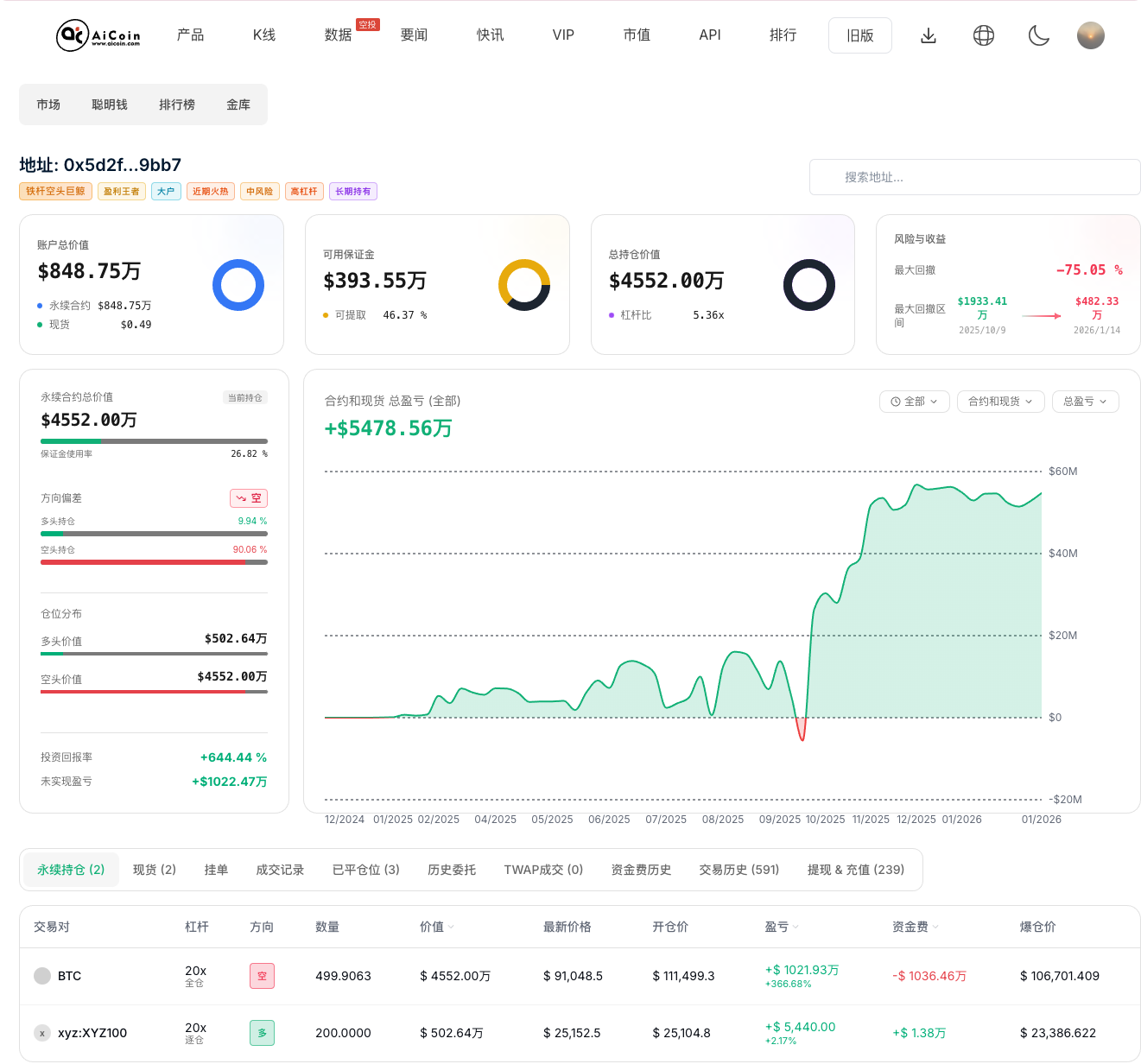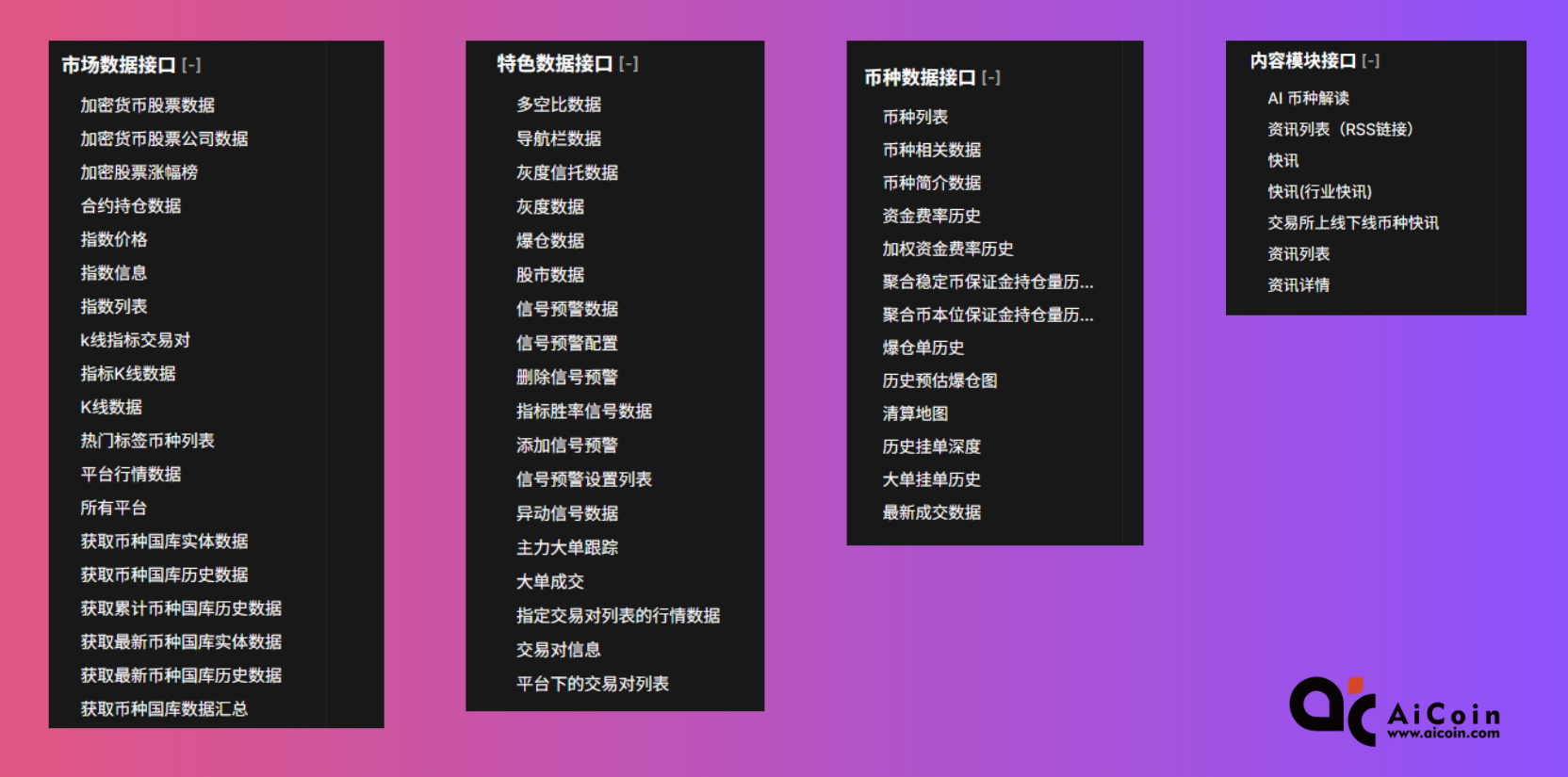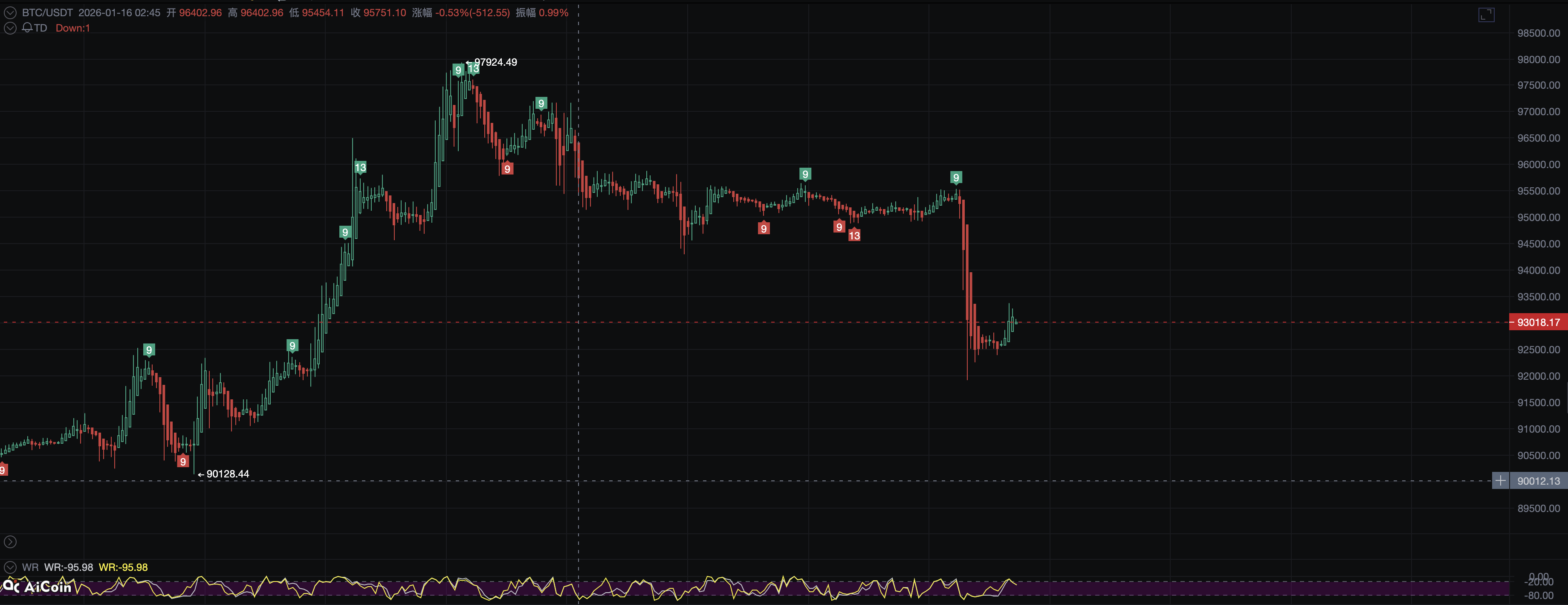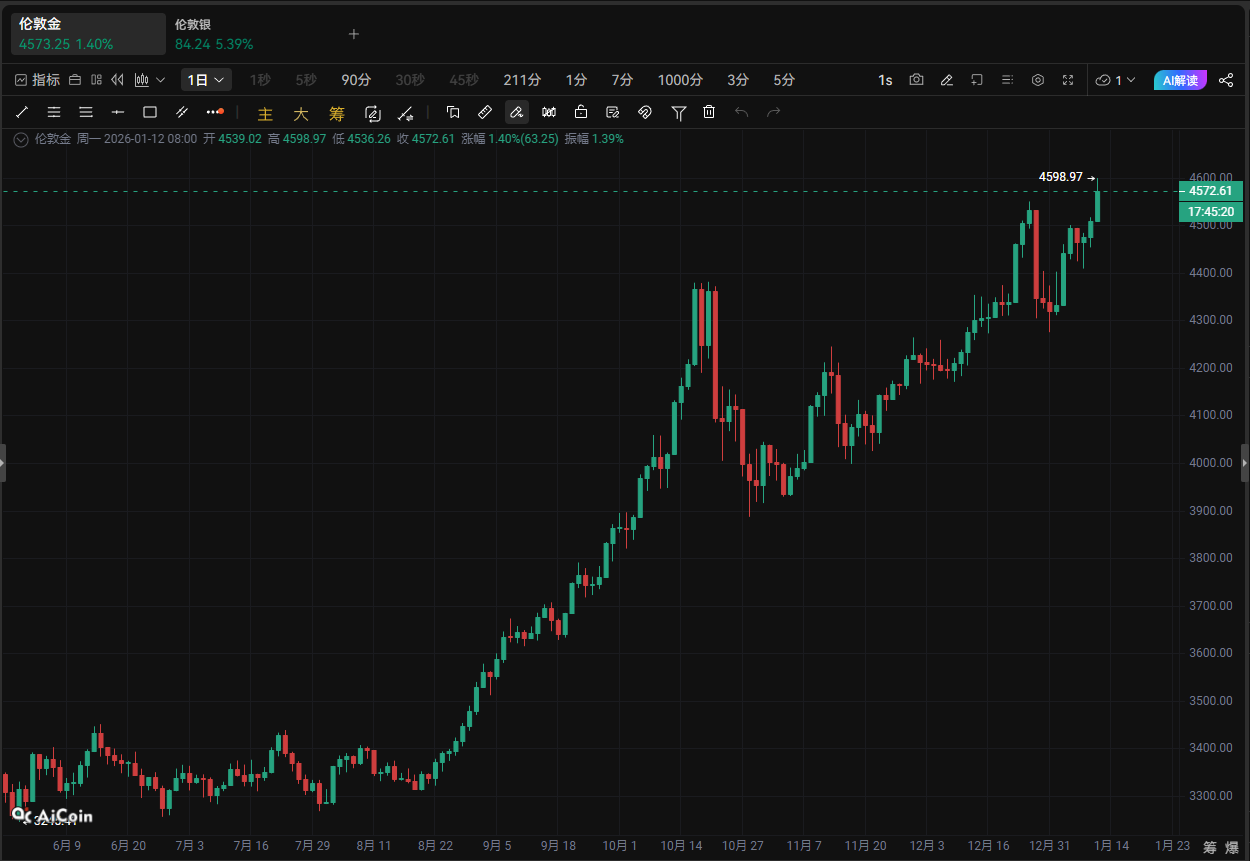In today's rapidly developing blockchain technology landscape, Solana has become the preferred public chain for DeFi and Meme token issuance, boasting a high throughput of 65,000 TPS and a single transaction cost of $0.00025 (latest data from 2025). However, with the surge in on-chain transaction volume, issues such as MEV attacks and network congestion have become increasingly prominent. The MEV optimization protocol launched by Jito Labs, in deep integration with PandaTool, is providing innovative solutions to this problem.
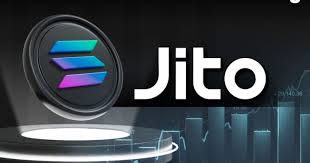
1. Opportunities and Challenges for Solana: Why Jito is Needed?
Jito is a liquidity staking protocol on the Solana network that increases staking returns by capturing MEV while reducing congestion on the Solana network.
Imagine you are in line at a supermarket checkout, and suddenly someone cuts in line and grabs all the discounted items—this is akin to an MEV attack (front-running transactions) in blockchain. Jito acts like an intelligent queuing system in the supermarket:
Anti-Cutting Mechanism: Isolates sensitive transactions through private transaction channels to avoid being targeted by bots.
Revenue Redistribution: Distributes the "fines" paid by front-runners to rule-abiding users.
Staking Appreciation: Exchange SOL for JitoSOL tokens while earning staking interest + MEV dividends.
This design makes Jito a "rule reformer" in the Solana ecosystem—protecting ordinary users while allowing participants to share on-chain value.
2. Three Core Weapons of Jito
1. Anti-Front-Running Technology: Private Transaction Pool
Traditional Pain Point: Public transaction pools are like transparent auction houses where bots can spy on your bids.
Jito Solution: Establishes encrypted transaction channels where validating nodes must bid to obtain transaction package processing rights.
User Benefits: Transaction failure rates drop from 60% to below 5%, saving 30% slippage on large transfers9.
2. Enhanced Staking Returns
| Metric | Regular Staking | Jito Staking | Advantage | |----------------------|-----------------|---------------|---------------------| | Annualized Return Rate| 5.2% | 7.49% | +44% Return | | Fund Flexibility | Long Lock-up Period | Redeem Anytime | Liquidity Freedom | | Additional Rewards | None | MEV Dividends | Transaction Fines Turned into Revenue |
Data Source: Jito January 2025 Operations Report
3. New Re-Staking Play
Activating Idle Funds: Already staked JitoSOL can be re-staked for additional returns.
Risk Hedging Design: Introduces custodians like Swiss Borg to reduce node downtime risks.
Airdrop Expectations: Early participants are likely to receive governance token rewards.
3. Deep Integration Plan of PandaTool and Jito
2.1 Bundled Transactions in Token Issuance Scenarios
In scenarios such as creating Pump tokens and batch transfers, PandaTool integrates Jito Bundle technology to bundle multiple transactions together, achieving:
Atomic Operations: A combined transaction package for Pump token issuance and initial purchases.
Zero Slippage Guarantee: Locks in the optimal price path through the Jito Block Engine.
Cost Savings: Saves 37% in Gas fees compared to traditional solutions (measured data).
2.2 Intelligent Management of Idle Accounts
Combining Solana's account rent mechanism, PandaTool launches innovative features:
Automatic Rent Detection: Scans accounts with token balances below 0.001 SOL.
One-Click Recovery System: Closes idle accounts and retrieves a 0.002 SOL deposit.
Revenue Reinvestment: Recovered funds are automatically transferred to the JitoSOL staking pool for compound interest.
4. User Operation Guide
1. Beginner Players: Basic MEV Protection Setup
Wallet Settings: Enable Jito private transaction mode in the Phantom wallet.
DEX Settings: Enable the MEV Protection module in Jupiter.
Trading Habits: Prioritize using Jito validating nodes for large transactions.
2. Advanced Strategy: Maximizing Returns Combination
Stake 50% SOL to obtain JitoSOL.
Use remaining funds to participate in PandaTool token issuance projects.
Use the rent recovery feature monthly to clean up accounts.
3. Risk Warning
Node Centralization Risk: Jito validating nodes account for over 78%, requiring attention to decentralization progress.
Market Volatility: A decline in SOL prices may affect staking return rates.
Through technological innovation and ecological collaboration, PandaTool is working with Jito to build a more efficient and fair trading environment on Solana. For developers or users, this is not only an opportunity for technological upgrades but also a historic window for reshaping on-chain financial infrastructure.
免责声明:本文章仅代表作者个人观点,不代表本平台的立场和观点。本文章仅供信息分享,不构成对任何人的任何投资建议。用户与作者之间的任何争议,与本平台无关。如网页中刊载的文章或图片涉及侵权,请提供相关的权利证明和身份证明发送邮件到support@aicoin.com,本平台相关工作人员将会进行核查。
